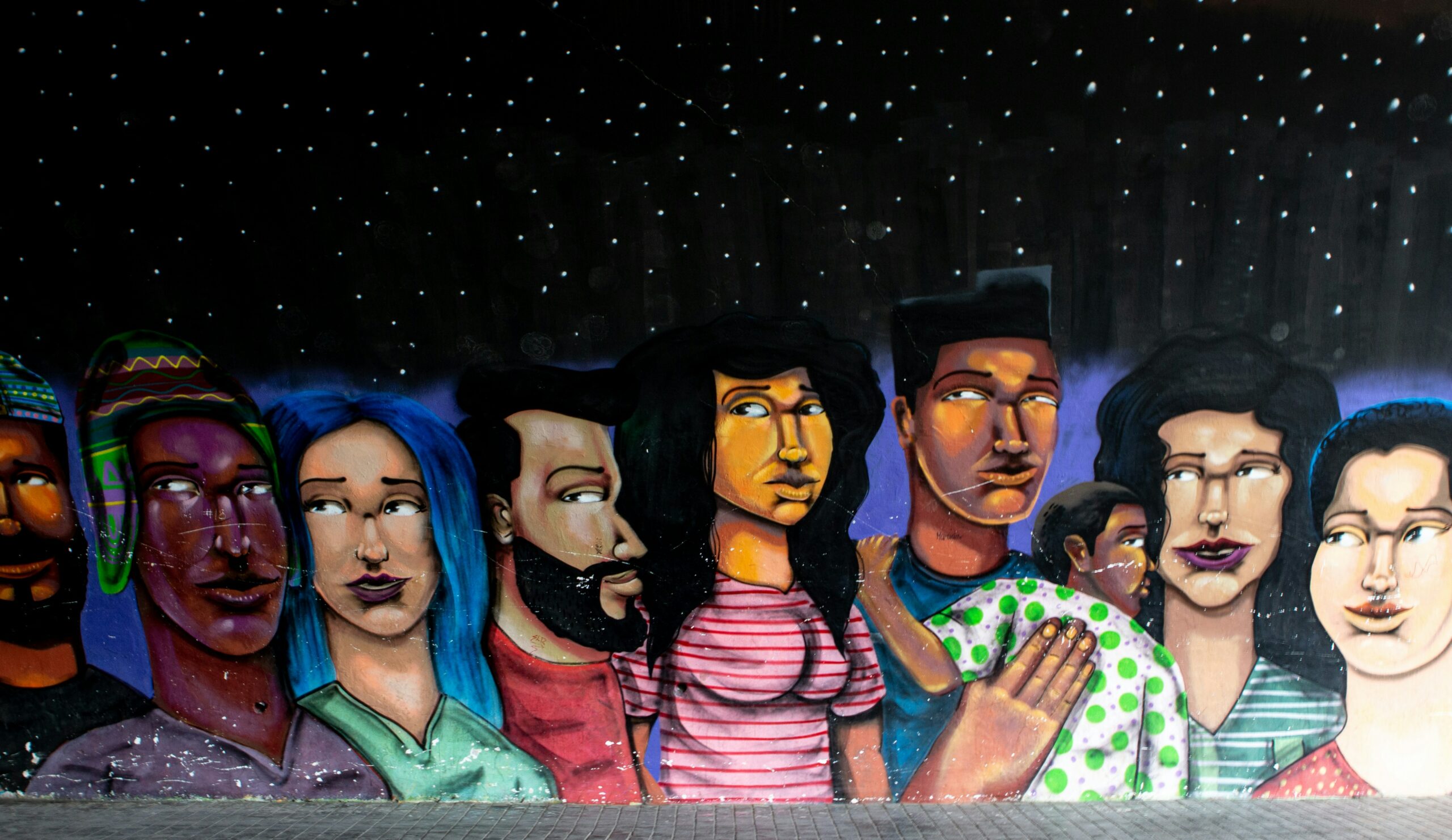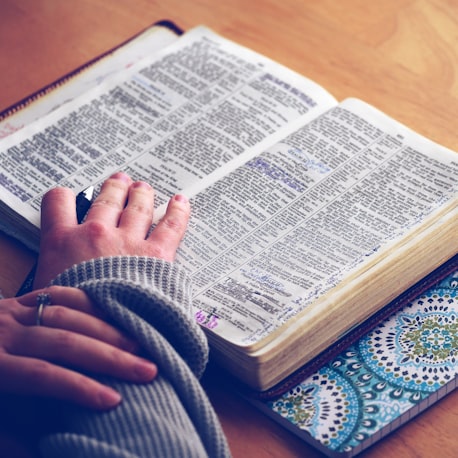
If we want a diverse church then we need to be connecting with the community, and helping them connect with God, in multiple different ways.


Paul in Philippi
I was preaching on Acts 16:11-40 on Sunday, and there were some interesting implications for neurodiversity, which I didn’t draw out in the sermon.
It’s the story of Paul in Philippi, which is the first recorded time that Christianity reached mainland Europe. And one of the striking things in the passage is that we get accounts of three very different people coming to faith. Well, we’re not actually told that the fortune-telling slave girl came to faith, but the implication is there.
The other two are Lydia and the Philippian jailer. Lydia was a wealthy immigrant businesswoman, and the jailer was almost certainly a Roman army veteran. There are deliberate parallels between the two – both of them welcome Paul and Silas into their homes, and both are baptised along with their whole households.
But in lots of other respects, they are very different, and it seems that the author is deliberately stressing the diversity in the church. For example, we see Paul encountering a woman, a slave and a Gentile in Philippi, which are exactly the groups that Pharisees used to look down on in their prayers.
Lessons for Inclusion
So how did the church in Philippi get to be so diverse so quickly?
Again we see it in the passage. The three of them have very different encounters with Paul and with God through Paul.
Lydia was already attending a “place of prayer”, heard Paul preaching and believed the truth of what he was saying. The slave girl was a heckler who was freed from a spirit by God’s power. The jailer came to faith when Paul refused to escape from prison out of concern for his welfare.
Plenty of churches have a “standard route” by which they expect people to come to faith. That might be by coming along to their social activities and wanting to join the community, or by having an emotional encounter in the singing, or by responding to intellectual arguments. I’ve heard advice before that churches should put lots more effort into the things that are working, and that kind of makes sense. But it won’t lead to having a diverse church.
No, if we want a diverse church, and we should, then we need to be connecting with the community, and helping them connect with God, in multiple different ways, just like Paul did in Philippi.
John Allister
John Allister is the vicar of St Jude’s Church in Nottingham, England.
He is autistic, and has degrees in Theology and Experimental & Theoretical Physics.

